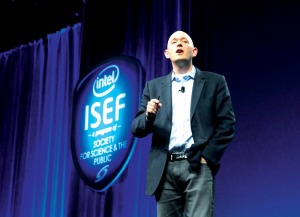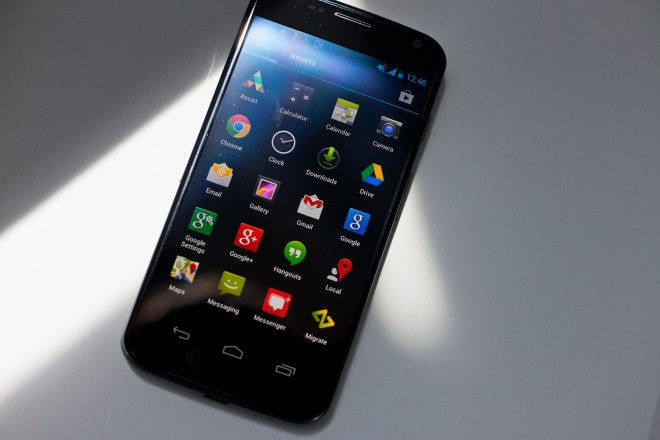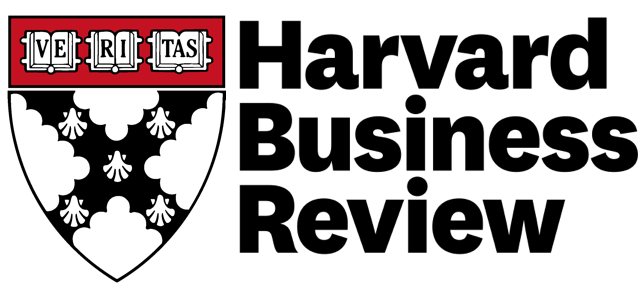Category: internet
Challenges and Risks of Pervasive Computing
Interesting introductory article in a IEEE Computing Now special issue on Privacy Challenges for Pervasive Computing: ARTICLE
This is something we should account for when designing such systems.
Conferences on Pervasive Displays and Advanced Visual Interfaces
Just came back from presenting two papers in two very interesting conferences:
The 3rd International Symposium on Pervasive Display 2014 in Copenhagen and the International Working Conference on Advanced Visual Displays 2014 in Como.
In both conferences Post-WIMP interfaces were rocking.
My papers were:
1-“What’s in it for me: Exploring the Real-World Value Proposition of Pervasive Displays”
Simo Hosio, Jorge Goncalves, Hannu Kukka, Alan Chamberlain and Alessio Malizia
2-“Visual Engagement: Designing Projected Touch-surfaces for Community Use in a Rural Context”
Alan Chamberlain (University of Nottingham, United Kingdom); Alessio Malizia (Brunel University, United Kingdom); Alan Dix (University of Birmingham, United Kingdom)
Stay tuned for more info and feel free to contact me if interested in a copy of the papers or infos on such events.
Can academics still make a difference in CS Research compared to Companies Research labs?
It seems the chicken and egg problem: given the incredible amount of resources companies like Google, Microsoft, or Facebook invest in Computer Science does the research CS faculties do actually make a difference? What if universities hadn’t launched some of these companies, would the same innovations have emerged at such companies? Find out more in this interesting article written by David Karger and appeared on the Haystack blog of MIT CSAIL group [ARTICLE]
Somehow part of the discussion is in line with an article me and Kai Olsen wrote on new tools and new ways of disseminating software: Alessio Malizia, Kai A. Olsen, “Has Everything Been Invented? On Software Development and the Future of Apps,” Computer, vol. 44, no. 9, pp. 112, 110-111, Sept., 2011
Future games might not only change our life but our education too
Imagine games where participants can develop projects in real life to address real problems, such as securing a community’s food supply or establishing a sustainable power source, then progress through levels of the game; would not it be a great way of learning?
Jane McGonigal, author of Reality is Broken: Why Games Make Us Better and How They Can Change the World (Penguin Press, 2011) and the former director of Games Research and Development at the Institute for the Future in Palo Alto, Calif. presented at EDUCAUSE 2013 a series of examples of games which can change the future of education [ARTICLE]
Via EDTECH
During your next visit to a Museum you might find Cinematic Landscapes from Video Games
I was impressed by this curated website where full high resolution still images taken from video games are displayed. They picture immersive worlds created by developers but really look like art pieces [WEBSITE]
Via twistedsifter
Have you ever tried to design while blindfolded or use your apps with the sound off? You might gain crucial insights
Vinton G. Cerf, Vice President and Chief Internet Evangelist at Google Inc. and the president of ACM, calls especially UI (User Interface) and UX (User Experience) designers to strive fro accessibility. In fact, we are an aging society that needs assistive response not to mention new groups of people needing accessible apps, i.e. wounded soldiers coming back home. Given the range and potential of new technologies, e.g. Google glass, designers need to carefully address this challenge [ARTICLE]
Via acm.org
Interested in Futurism and Science Fiction? You might want to take a look at the Intel’s Tomorrow Project
With Mark Weiser‘s vision already becoming true, there’s currently another vision which might be the next step toward computing paradigms: The Tomorrow Project by Intel.
Take a look at this interview with Brian David Johnson, futurist at Intel: http://bcove.me/vwfae2ra
Via ASU Magazine
It’s time to design the next Calendar App: Design lessons on building Mynd
Mynd is a competeley new kind of Calendar App developed by Alminder, a seed-funded team who had previously worked together at Motorola. In this article, they shared a few of the design lessons that were learned while creating a Windows Phone-style interface for Apple’s iPhone [ARTICLE].
I must admit that with some of my co-authors we developed a prototype few years ago which somehow resembled the app (see photo below): Teresa Onorati, Alessio Malizia, Kai A. Olsen, Paloma Diaz, and Ignacio Aedo. 2012. I feel lucky: an automated personal assistant for smartphones. In Proceedings of the International Working Conference on Advanced Visual Interfaces (AVI ’12), Genny Tortora, Stefano Levialdi, and Maurizio Tucci (Eds.). ACM, New York, NY, USA, 328-331 [ARTICLE].
Via Alessio Malizia
Tired of your smartphone? What about an anticipatory phone
In the last few years we have all been living in (strict) contact with our smartphones but there is a new player claiming to bring us a step ahead. The Moto X, the first born from the union between Motorola and Google, will take advantage of sensors and cloud-based services to provide us with a new experience: anticipate our desires and fulfill them when possible without even needing to take it off from our pockets [ARTICLE]. Interestingly, it seems that me and Kai Olsen predicted these gadgets almost 3 years ago: Kai A. Olsen, Alessio Malizia, “Automated Personal Assistants,” Computer, vol. 44, no. 11, pp. 112, 110-111, November, 2011
Via Wired
New Companies should learn that Storydoing is better than Storytelling
The big difference and value is in storydoing through action an not in communication only, e.g. storytelling. Examples of story doers are: Target, Walt Disney, Starbucks, American Express, Apple, Jet Blue, and IBM among others. In this study, published on the Harvard Business Review Blog, there is even evidence that storydoing companies are generating a substantially greater number of mentions in social media [ARTICLE]
Via HBR







